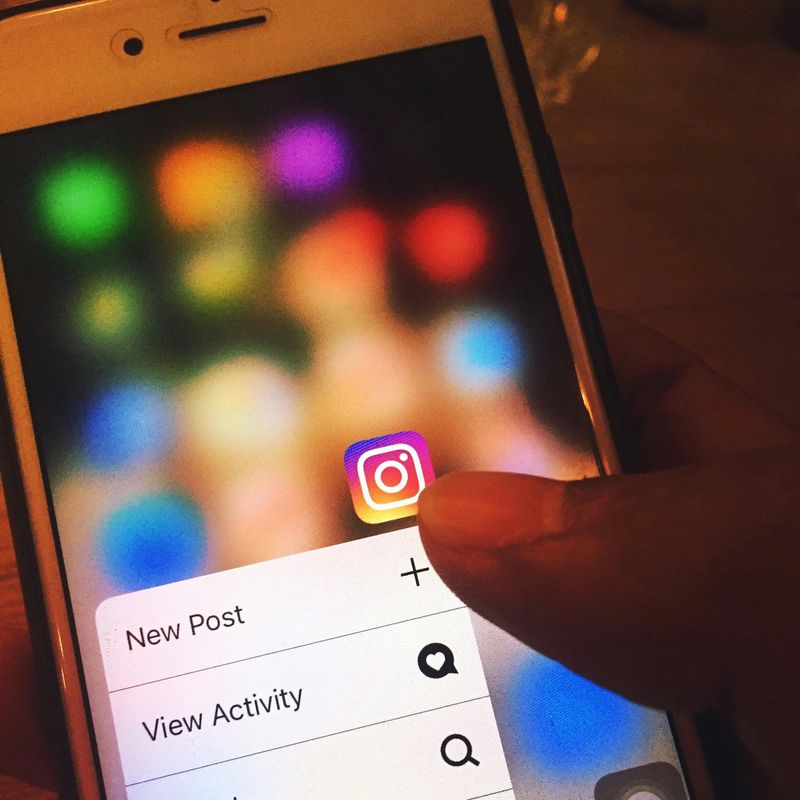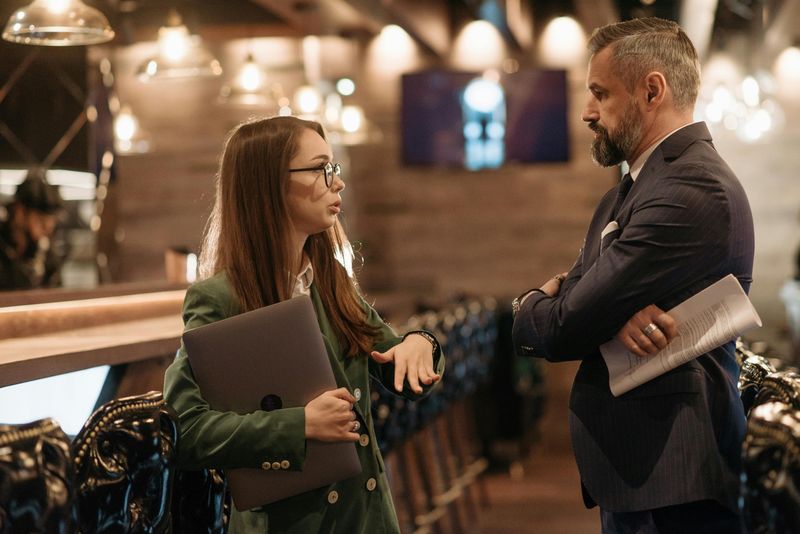Feminism hasn’t just reshaped workplaces and politics—it’s rewritten the rules of romance. Men now encounter new expectations around emotional intelligence, equality, and ethical intimacy. If dating once felt like a script, today it’s a collaborative improv where clarity and values matter. Dive in to see how these changes can feel challenging—and why they ultimately open doors to healthier, more authentic connections.
1. Traditional Gender Roles Have Shifted

Feminism has reframed dating scripts by challenging assumptions that men must initiate, plan, and pay. Many women now prefer shared agency—asking out, splitting checks, and co-creating plans. This can liberate men from the pressure to perform constant leadership and financial provision. Yet it also introduces ambiguity: who texts first, who suggests the venue, who pays tonight? The new norm is negotiation rather than prescription, requiring clear communication and adaptability. Men who value reciprocity can thrive, but those used to fixed roles may feel unmoored. The upside is more authentic alignment and fewer performative gestures. The learning curve? Getting comfortable asking, not assuming, and reading cues collaboratively.
2. Digital Vetting and Public Footprint

Today, many women conduct a quick digital scan before agreeing to a date—social profiles, comments, and shared circles. Men who understand this landscape curate authentic, respectful online footprints, knowing sloppy jokes or edgy “likes” can undermine trust. Feminism’s influence encourages accountability in public spaces, not just private conversations. This vetting isn’t surveillance; it’s self-protection in an era of digital permanence. Men benefit by showcasing consistency between values and behavior, highlighting kindness, community ties, and consent literacy. A thoughtful bio, visible hobbies, and respectful interactions speak louder than bravado. First impressions now begin long before the first hello.
3. The Expectation of Emotional Openness

Men are increasingly invited to show tender emotions, articulate feelings, and practice vulnerability. Feminism’s cultural influence reframes stoicism as incomplete, not noble by default. That shift can feel awkward if you were raised to swallow sadness and power through pain. But in dating, emotional literacy builds trust, conflict-resolution skills, and deeper intimacy. It’s not about oversharing; it’s about naming needs, listening actively, and tolerating discomfort. Small steps—reflecting before responding, acknowledging fear, and asking for clarity—go far. The reward is emotional reciprocity that lightens the load on women to do all relational work. It’s courage redefined: strength expressed as openness, not armor.
4. More Emphasis on Equality in Finances

Splitting bills or alternating who pays has become more common, reducing pressure on men to bankroll dates. This shift aligns with values of fairness and autonomy—both partners invest by choice, not tradition. Still, scripts can get fuzzy: some view paying as generosity, others as control. The key is aligning expectations early and framing money talk as care, not awkwardness. Offer options—split, alternate, or treat—and explicitly confirm comfort levels. Financial equality supports broader relationship parity in decision-making and planning. It also filters for compatible values around budgets, independence, and lifestyle. When discussed openly, money becomes a tool for respect, not a silent scorecard.
5. Consent and Communication Are Central

Feminism elevated consent from implied to explicit, reshaping how flirting and intimacy unfold. Clear yeses, check-ins, and negotiations reduce ambiguity and increase safety. Far from killing the mood, intentional communication can heighten trust and connection. Asking, “Is this okay?” signals care and presence, not insecurity. Men benefit too—fewer mixed signals and more mutual enthusiasm. It helps to learn verbal and nonverbal cues, practice pausing, and normalize changing one’s mind. Consent is continuous, not a one-time checkbox. In dating, that looks like clarity about intentions, boundaries, and pace. The result: intimacy that’s co-authored, enthusiastic, and more satisfying for both people.
6. Career and Independence Prioritized

Many women pursue careers, travel, and personal development before, during, or instead of partnership. Men now encounter partners with firm priorities, limited time, and strong autonomy. That can mean slower timelines, nontraditional relationship structures, or delayed marriage and parenting. The opportunity is to design relationships around values rather than milestones. Flexibility—coordinating schedules, supporting ambitions, and discussing long-term visions—matters. Compatibility looks like mutual respect for focus, not pressure to conform. Men who welcome independence find equals rather than dependents. Dating becomes a negotiation of bandwidth and dreams, where partnership amplifies both people’s trajectories instead of subordinating one to the other.
7. Power Dynamics Have Flattened

Hierarchical relationships are giving way to shared influence, collaborative decisions, and equitable labor. Emotional and domestic workloads—planning, cleaning, scheduling—are increasingly recognized and divided. For some men, this relieves pressure to be the sole leader or fixer. For others, it disrupts familiar expectations about roles and authority. Clarity helps: agree on responsibilities, rotate tasks, and check for invisible labor. This approach builds mutual respect and reduces resentment. Dating then becomes a preview of partnership dynamics, not just chemistry. The payoff is sustainability—relationships that feel fair, flexible, and resilient under stress because both partners carry the load together.
8. Feminist Discourse Shapes Dating Conversations

Topics like equality, privilege, and gender politics now appear early in dating. These conversations can surface alignment—or reveal deal-breakers—before deeper investments. Men who can articulate values and listen across differences stand out. The goal isn’t debate club; it’s curiosity and clarity about compatibility. Ask open questions, avoid defensiveness, and share personal experiences rather than abstract lectures. This fosters understanding and reduces polarization. If misaligned, parting amicably saves time and pain. If aligned, shared principles become a foundation for trust. In modern dating, political and ethical fluency isn’t extra credit—it’s part of relational chemistry.

Comments
Loading…